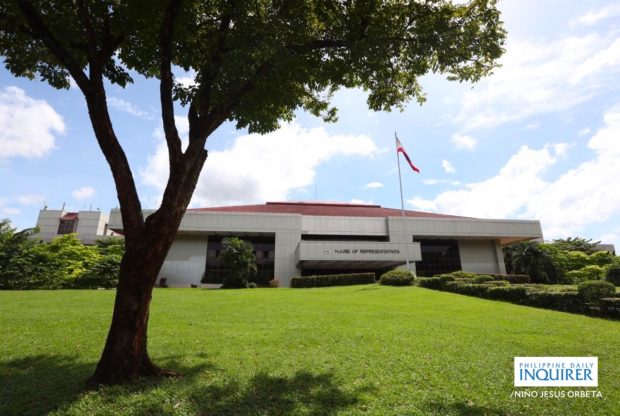House tax panel OKs VAT exemption, bigger discount for seniors’ water, power bills
MANILA, Philippines — The House of Representatives Committee on Ways and Means approved on Monday the tax provision of the bill pushing to exempt senior citizens from value added tax (VAT) and granting bigger discounts on their monthly water and electricity bills.
During its online meeting, the panel approved the still unnumbered substitute bill to House Bills No. 1903 and 3040 which seeks to amend Republic Act No. 7432 or the Expanded Senior Citizens Act of 2010.
Under the bill, lawmakers are pushing to exempt senior citizens from VAT and increase the minimum discount given to them on their monthly water and electricity bills from five percent to ten percent.
The individual meters for the water and electricity utilities, however, should be registered in the name of the senior citizen for them to avail of the discount and VAT exemption, the bill states.
“Provided further, that the monthly consumption does not exceed 150 kilowatt hours of electricity and 30 cubic meters of water,” the bill further stated.
Article continues after this advertisement“Provided furthermore, that the privilege is granted per household regardless of the number of senior citizens residing therein and that the registered senior citizen continues to live within the household address,” it added.
Article continues after this advertisementThe Department of Finance (DOF), however, raised concerns over the proposed VAT exemption.
“First, the proposal may be inconsistent with the objectives of the TRAIN (Tax Reform for Acceleration and Inclusion) Law to improve the efficiency of the VAT system as it adds exemptions to a specific group of individuals,” DOF division chief Lyonel Tanganco said.
“We’re concerned that the proposal may result in tax leakages, abuses, and more complicated tax administration. One possible leakage is when households continue to enjoy the proposed benefit even if the declared senior citizen under whom utilities is registered is no longer living,” he added.
The bill still has to be passed on the plenary and a counterpart measure has to be approved in the Senate before it can be brought to President Rodrigo Duterte’s office for signing.
